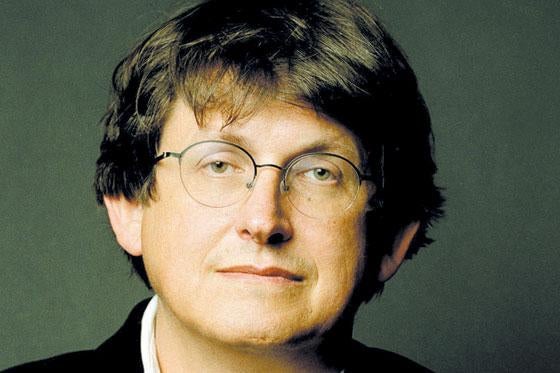
Guardian News and Media’s decision to create a single merged team to work across The Guardian, The Observer and Guardian.co.uk will maintain the independence of all three platforms, according to editor-in-chief Alan Rusbridger.
He told Press Gazette this week that the move to fully integrate staff when they move to a new office in London’s King’s Cross at the end of this year would ‘unlock the creativity’of staff.
Rusbridger spoke as he and Observer editor John Mulholland and digital director Emily Bell prepared to brief staff at a large meeting on the company’s future last Tuesday.
‘The aim has been to keep the distinct voice of all the three platforms,’he said. ‘We began this with John saying ‘what do you think defines the voice of The Observer?’.
‘We wanted to keep the columnists, critics and high-profile writers. He kept the writers he wanted to keep and that’s true of The Guardian and of the website.”
News, business and sport staff from all three platforms will be part of a new single team headed by current Guardian deputy editor Paul Johnson. Four new ‘content-neutral’editor roles are now being advertised to work under him: national news, international news, business and sport.
Writers will be organised into subject-specific ‘pods’– abandoning the traditional newsdesk structure so that reporters file for whichever platform is most appropriate.
‘I have always thought that the organisation of the newsroom should be more like how the website is organised,’said Rusbridger. ‘We decided that it didn’t make much sense to have separate digital brands.
‘This has been defined by the people that are going to work for it – that has been part of the process thoughout. It will really unlock the creativity of what we do”
Rusbridger said the merger was partly prompted by the fact that The Observer does not make money on its own. He said that his ‘strong assumption’was that the same was true for the Independent on Sunday and the Sunday Telegraph.
He said that there has always been an element of cross-subsidy between The Guardian and The Observer.
‘Since The Guardian has owned it [1993] it has gone from a staff of 90 to one of 170. But you get to a point when if you try to do more in a digital world, can it make sense to have two separate structures that don’t work together?”
Rusbridger insists that overall headcount will remain the same and that it ‘may even increase’this year, despite a voluntary redundancy scheme that has seen 19 journalists leave so far and could see as many as 40 go.
He said that The Observer, an older newspaper than The Guardian which has had differing values on many issues, will maintain its editorial independence.
Rusbridger said: ‘When The Guardian was pro-war and The Observer was anti-war the readers were getting a range of views they wouldn’t have just got from just The Guardian. Everybody in journalism is having to cope with a ridiculous amount of change. I am not underestimating what we have to do. The responses were generally positive, people feel we are being open.”
The Guardian’s announcement follows similar moves towards closer integration between the Daily Telegraph, Sunday Telegraph and Telegraph.co.uk in recent months.
Email pged@pressgazette.co.uk to point out mistakes, provide story tips or send in a letter for publication on our "Letters Page" blog
